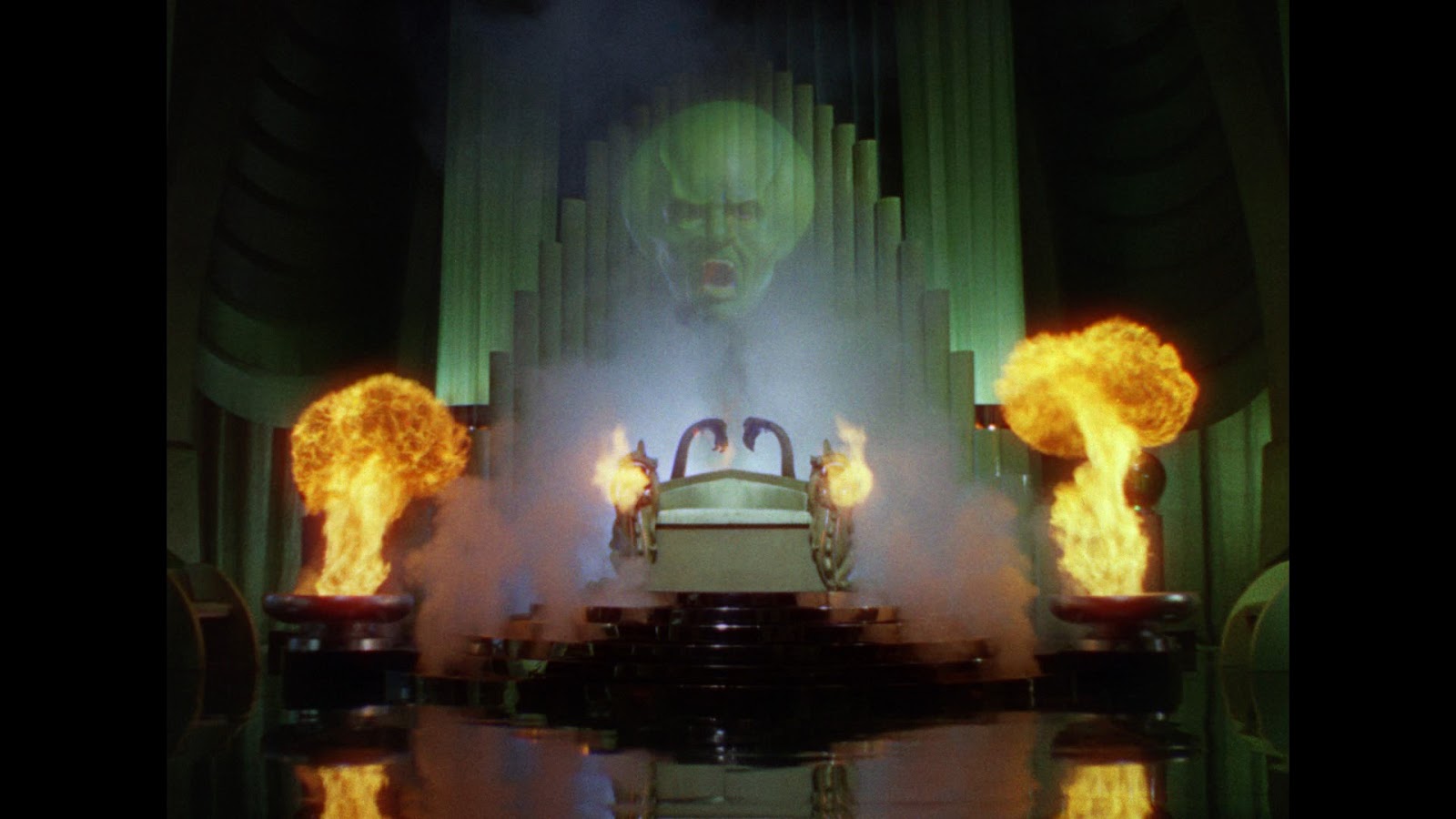Camp Director:
All right, folks, settle down there. I want to welcome you all to Human Rights Camp. You will all say that you are not here by your own choice, but we know that’s not true. Each of you has chosen to commit gross violations of human rights, despite repeated complaints, criticisms, and remonstrations from all over the world. So let’s start by owning what we’ve done. Russia, you go first., and then we’ll go around the circle clockwise.
Russia:
Why me first?
CD:
Because you always want to be #1.
Russia:
Oh. Well, in that case . . . I’ve been murdering journalists and opposition politicians who criticize Mr. Putin. And committing other crimes in the Ukraine.
Saudi Arabia:
Our women have very limited rights. We execute anyone who criticizes us. And then there’s Yemen . . .
Israel:
We are squeezing the Palestinians on the West Bank, keeping them virtual prisoners in Gaza, beating and arresting any of them who protest, shooting any of them who we think are trying to attack us . . . shall I go on?
CD:
No, Israel, that’s enough for now.
United States:
Well, there’s the torture, and the illegal invasions, and the secret CIA prisons in foreign countries, and the drone bombs killing innocent bystanders, and at home our police shoot brown people for no good reason on a fairly regular basis.
Iran:
You remember our response to the mass protests a while back, right? We haven’t had much trouble since then.
China:
Anyone who criticizes the Party or agitates for more freedom just disappears.
Syria:
How much time do we have here?
CD:
Not enough, Syria. We’ll get into the details in tomorrow morning’s session.
China:
Where’s North Korea? They’re much worse than we are.
United States:
I agree! And what about Cuba?
CD:
As you can see, we have limited facilities here. Those countries you mention, along with several others, are scheduled for the next session.
Well, that was a good beginning. It seems you all have gotten past the denial stage and are ready to work on changing your behavior. I have to warn you, this is going to be a tough two weeks. At the end of it, though, you’ll be able to walk out of here with a new sense of self-respect, and a set of practical strategies that will help you to stop yourself from falling back into old habits. And of course, we will always be available for crisis intervention, should you ever need our support. We are here for you.
The cafeteria staff tell me that supper is ready, so let’s go eat. After the meal we’ll watch some Amnesty International videos, and then we’ll have an early “lights out” tonight, because tomorrow is going to be a long, hard day.




